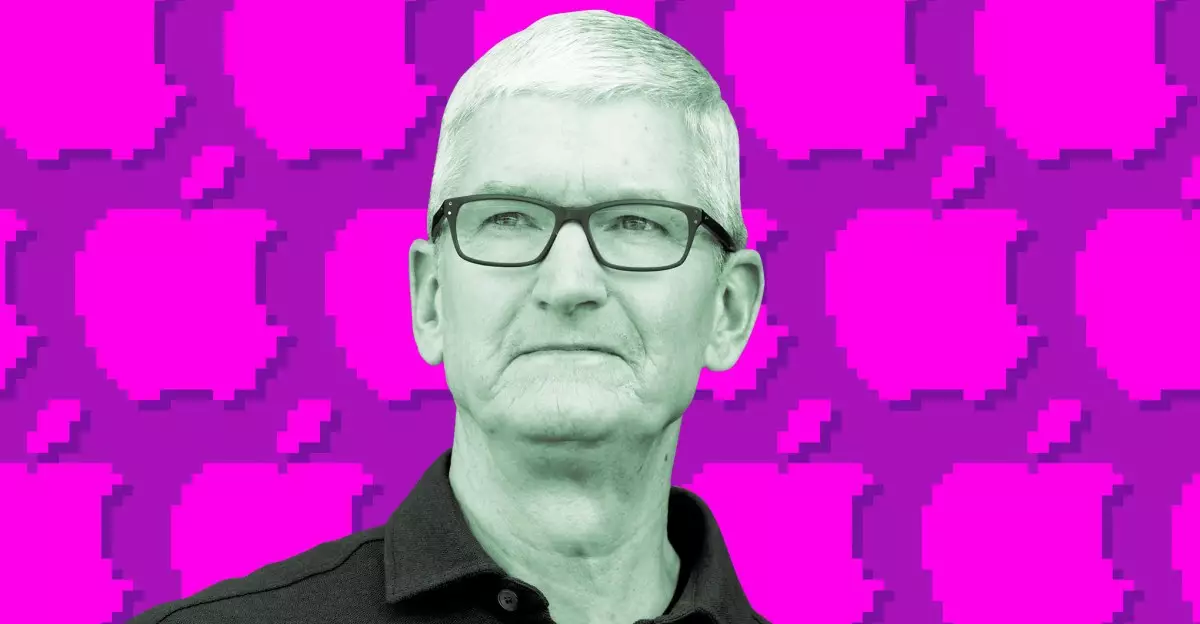In a rare and revealing all-hands meeting, Apple’s leadership cast a confident and ambitious vision of the company’s future involvement in artificial intelligence. Tim Cook’s compelling comparison of AI’s potential to the internet and smartphones underscores a deep shift in Apple’s strategic thinking. Historically cautious and deliberate, Apple’s recent pronouncements suggest an urgent desire to position itself as a leader rather than a laggard amid the rapid AI revolution. However, despite the optimistic tone, the company’s track record reveals a pattern of hesitation and missed opportunities, prompting skepticism about whether Apple can truly raise the bar or is simply trying to maintain relevance in a fiercely competitive landscape.
Apple’s Delays and Missteps — A Cautionary Tale
The company’s stumble with its AI-powered Siri upgrade exemplifies the challenge of translating ambitious visions into executable realities. The planned hybrid architecture, which sought to balance traditional system functionalities with large language models (LLMs), was abandoned due to quality concerns. This delay exemplifies a recurring theme: Apple’s meticulous approach often results in hesitation, giving rivals like Meta and Google the chance to storm ahead. The departure of key AI talent to Meta further underscores the difficulties Apple faces in retaining top-tier innovators, raising questions about its ability to catch up once it admits the importance of AI.
Is Apple Truly Preparing to Lead or Just Playing Catch-Up?
Cook’s assertion that AI is “ours to grab” implies a sense of ownership and inevitability. It suggests that Apple is finally ramping up investment and innovation to carve out its place in the AI ecosystem. But this confidence might be overly optimistic. Apple’s history of being “never first” in major tech shifts indicates a tendency to follow rather than lead. While the company’s hardware, software, and ecosystem integrations give it a unique edge, it remains to be seen whether Apple’s current efforts will translate into transformative AI products or merely incremental updates that fail to redefine user experiences.
The High Stakes for Apple’s Future
Apple’s future hinges on its ability to harness AI to enhance its core products and services, from Siri to hardware design. If it succeeds, Apple could redefine user interaction, blending AI seamlessly into the Apple ecosystem. Yet, if its cautious approach persists, the company risks falling behind competitors that are deploying advanced AI models at scale. The challenge is monumental: Apple must innovate rapidly without sacrificing the quality for which it is renowned. That balance will determine whether Apple’s next chapter will be a story of pioneering leadership or a cautionary tale of missed opportunities in the AI age.

